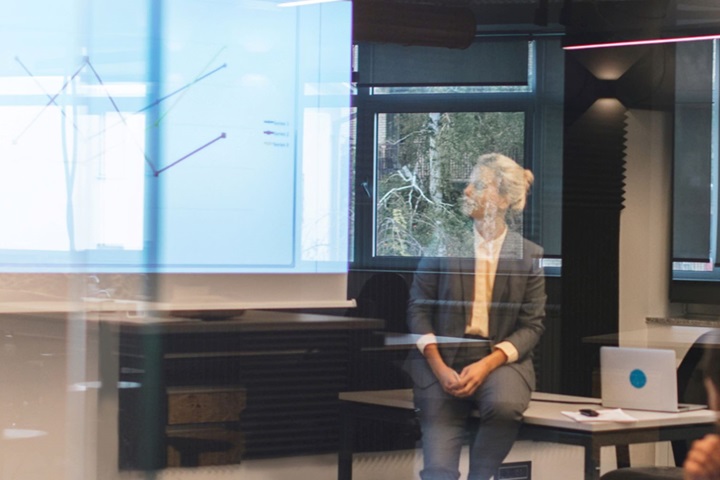At a time of rapidly shifting consumer preferences and unrelenting margin pressure, the CPG industry is entering its next great transformation powered by generative and agentic AI. Salesforce’s new Consumer Goods Industry Insights Report, developed in partnership with Accenture, surveyed 200 senior US executives across the food, beverage, beauty, household, and durable goods sectors to understand where AI is being deployed, how it is driving results, and what leaders need to do next.
The report provides a rich snapshot of AI adoption at strategic and operational levels and illustrates how AI is a growth imperative, competitive moat, and foundational capability for winning in 2025 and beyond.
Here are six learnings from the report:
- AI is scaling fast, and not just pilots.
A full 66% of CPG companies have either implemented or are actively scaling generative AI across their operations. Even more telling, 88% have budget allocated to AI, signaling a shift from experimentation to enterprise-grade execution. While the CPG industry is often slow to adopt technology, that is not the case with AI.
- Growth is the goal, not just efficiency.
Unlike past automation efforts focused on cost cutting, CPG companies are using this wave of AI to drive revenue and market differentiation. The top functional areas seeing investment are:- Marketing (38%)
- Digital commerce (32%)
- Sales (32%)
From personalized promotions to retailer-specific product content, CPGs are using AI to unlock real-time responsiveness and relevance at scale.
- Data is the fuel and the fire.
GenAI is only as good as the data on which it is trained. Executives report widespread challenges with data complexity, governance, and fragmentation. At the same time, 50% are concerned about data privacy and security risks, especially when deploying AI across sensitive categories and regions. The takeaway: You can’t scale AI without first fixing your data house.
- Customer service is AI’s first proof point.
The most widely adopted use for AI is customer service, with 44% of companies using AI to enhance self-service experiences, generate dynamic responses, and assist human agents in real time. This is a prime example of AI-human collaboration, where productivity rises without replacing people.
- Agentic AI will reshape commercial teams.
Beyond chatbots and content creation, agentic AI tools that complete tasks autonomously are arriving quickly. Emerging use cases include:- Sales outreach and retailer negotiations
- Auto-generated promotional calendars
- Product brief generation based on trend data
- Assisting online shoppers across platforms
Still, companies are cautious. Quality, oversight, and employee acceptance remain major hurdles. But make no mistake, task-based AI is the future of CPG enablement.
- Culture, talent, and trust will decide winners.
By 2026, leaders expect over half of their workforces will regularly use AI. But without upskilling, change management, and clear use-case ownership, these tools will stall. Many companies are creating AI centers of excellence that offer internal training and rethinking their organizational design to embed AI as a daily co-pilot — not an isolated capability.
As AI tools become more embedded, the data flowing through them improves, which, in turn, improves outcomes — generating a flywheel of intelligence. The more you use it, the better it gets but only if data quality, user trust, and business alignment are in place.
AI Framework for CPG Companies
To operationalize these insights, Salesforce and Accenture recommend a playbook built on four pillars:
- Purpose: Align leadership around a clear vision for AI’s role across growth, cost, and customer experience. AI should be part of the company’s strategic blueprint, not a tech experiment.
- People: Invest in talent development and AI literacy. Upskill teams, build cross-functional centers of excellence, and create a culture of experimentation and trust.
- Platform: Strengthen your data infrastructure, integrate systems, and embed privacy and transparency by design. A shaky data foundation will torpedo any AI program.
- Pilots: Prioritize quick wins in sales, marketing, and customer service. Pilot agentic tools for planning, promotion, and performance management. Learn fast and scale wisely.
AI in CPG is a tectonic shift in how decisions get made, how content is created, and how commerce moves. CPG companies that treat AI as a growth engine and invest accordingly will widen the performance gap dramatically in the next 12-24 months.
If you’re still thinking about AI as a tool, you’re already behind. It’s your next business partner, and it’s ready to get to work.




